A Spanish nobleman Don Juan Tenorio, if he had ever existed, could not have, even in his wildest dreams, imagine that in the following centuries he would become a hero of numerous literary and music works and a synonym for an eternal lover. His countryman Tiso de Molina introduced him into the world of art at the beginning of the 17th century in his drama The Trickster of Seville and the Stone Guest. One of the greatest dramatists of French and world drama literature Jean-Baptiste Poquelin Molière took the story of the ruthless seducer of women and the defiler of the dead, which was a common theme at that time, and in 1665 his five-act comedy Don Juan or the Feast of the Stone had its world opening night. Placing the plot in Sicily, Molière leaned on his Spanish colleague and numerus legends that were spreading around the Iberian Peninsula about the eternal seducer, deceiver and charmer, thus creating a masterpiece that has, with equal intensity, been intriguing theatre authors around the world until today. Molière's drama balances between comedy and tragedy and his Don Juan, beside all the known characteristics is aware of his deeds, a man who analyses, ironizes the moves of others but also his own, who is not afraid to cross over to the dark side of human existence thus becoming a kind of tragic character. Strangely, Molière's Don Juan has never been staged in our theatre. It had its first opening night at the CNT in Zagreb as a large-scale drama performance directed by a guest from Northern Macedonia, Dejan Projkovski.
Jean-Baptiste Poquelin Molière DON JUAN 135 min
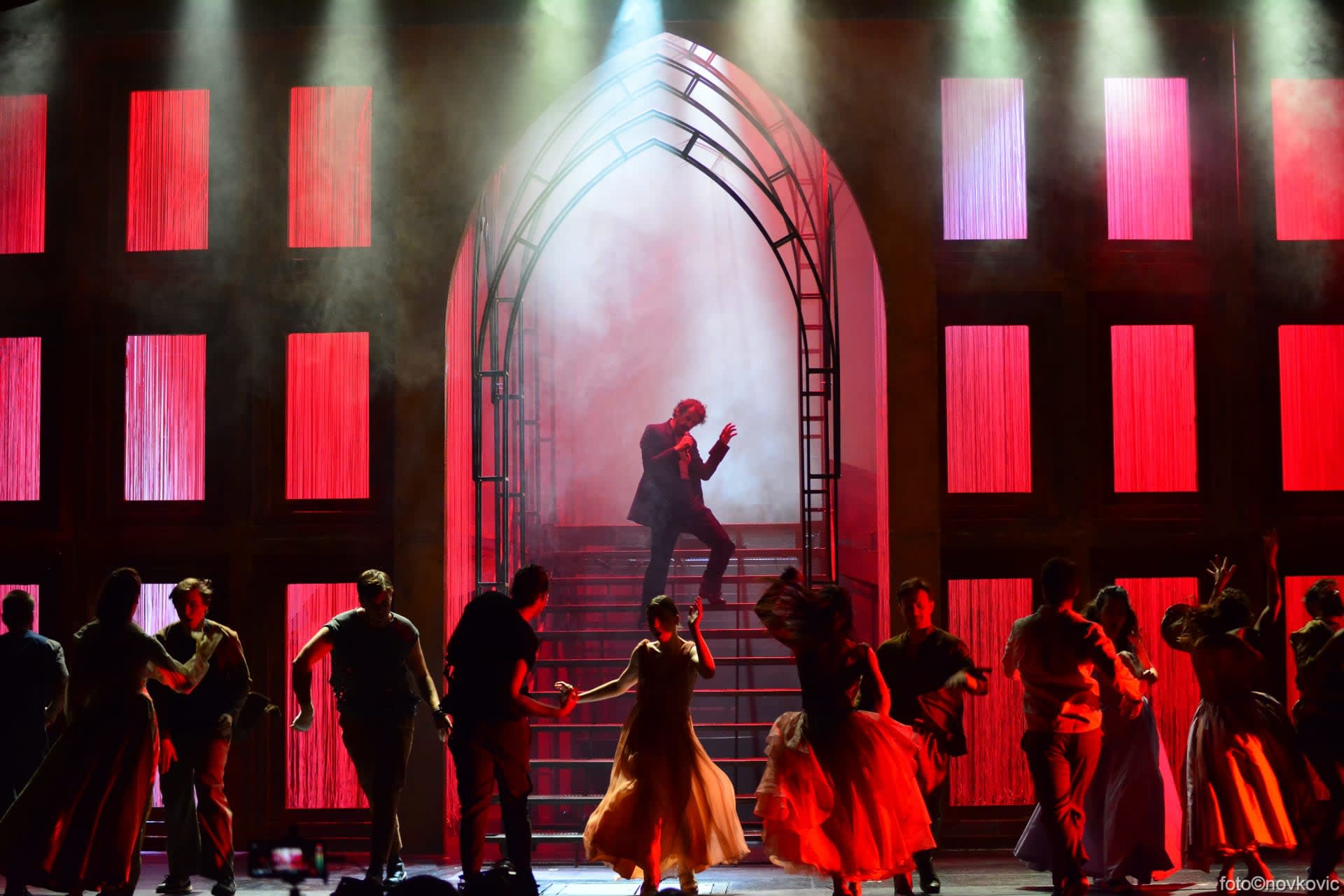
Creatives
Translation
Radovan Ivšić
Stage director
Dejan Projkovski
Dramaturgy
Mirna Rustemović
Set designer
Valentin Svetozarev
Costume designer
Doris Kristić
Composer
Goran Trajkoski
Language adviser
Dušan Gojić
Stage movement advisor
Olga Pango
Lighting designer
Deni Šesnić
Fencing master
Lovro Buva
Assistant costume designer
Mia Rejc Prajninger
Assistant choreographer
Vana Bakalić (volonterka)
Assistant director
Marta Tutiš
Ensemble of the performance
Don Juan, son of Don Louis
Sganarelle, Valet of Don Juan
Donna Elvira, Don Juan's wife
Gusman, gentleman - usher to Donna Elvira
Don Carlos, brother of Donna Elvira
Don Alonse, brother of Donna Elvira
Don Louis, Don Juan's father
Francisque, pauper
Charlotta, peasant woman
Mathurine, peasant woman
Pierrot, peasant
La Rammée, swashbuckler
Monsieur Dimanche, tradesman
Commander's statue
Violette, servant to Don Juan
Rogotin, servant to Don Juan
Girls
Lucija Alfier, Lucija Dujmović, Tana Mažuranić, Mateja Miković, Tonka Mršić, Silvija Musić/ Dora Sarikaya
Musicians
Maja Mustapić (flauta), Monika Popović (klarinet)
Young boys
Dominik Čičak, Lovro Juraga, Rok Juričić, Vibor Kreković, Martin Kuhar, Kristijan Petelin, Marin Stević, Petar Sekelez, Ante Vukov
Stage managers
Stage managers
Roko Grbin,
Antonio Mrzlić
Premiere
08.10.2022
World opening night
15.02.1665
Gallery

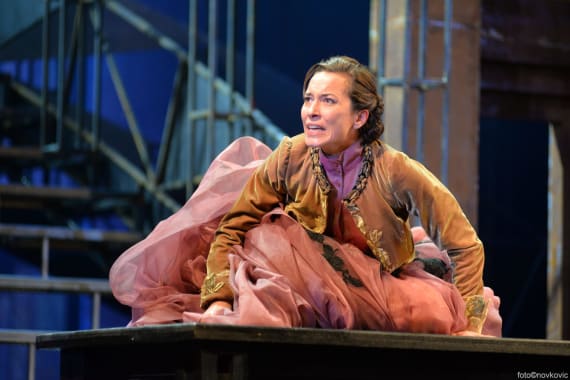

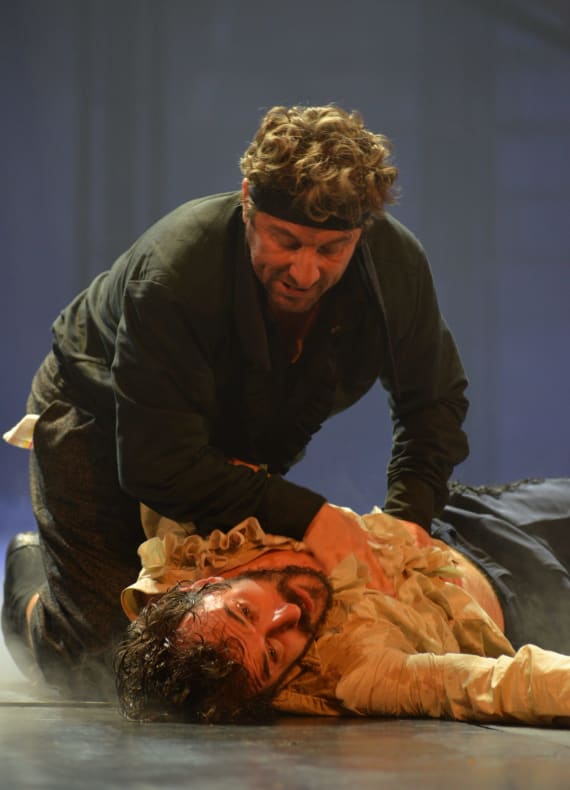





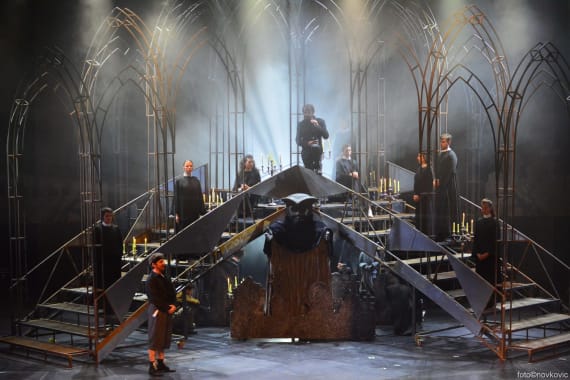


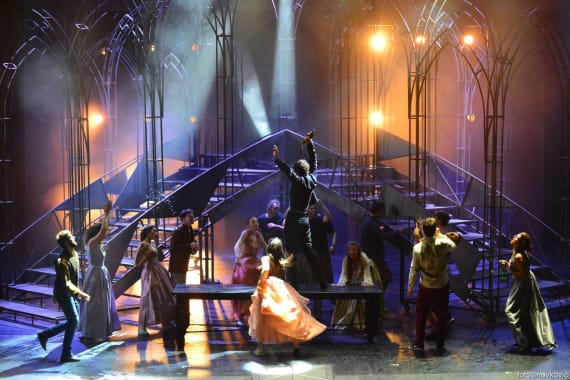
Drama
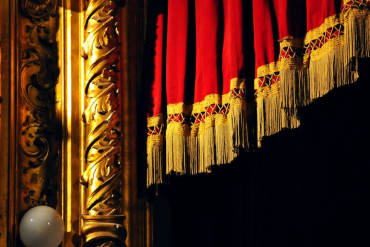
Drama
PEspi Tomičić
Always Be Like a Dragon
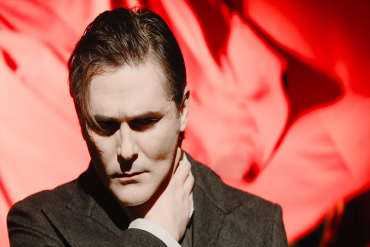
Drama
PMiroslav Krleža
FLAGS

Drama
POntroerend Goed
HANDLE WITH CARE

Drama
PLada Kaštelan
TRILOGIJA O AGAMEMNONU 2.0

Drama
PFriedrich Schiller
MARIA STUART

Drama
POscar Wilde
IDEALAN MUŽ

Drama
Carlo Goldoni
RIBARSKE SVAĐE

Drama
Annie Ernaux
The Years

Drama
William Shakespeare
MEASURE FOR MEASURE
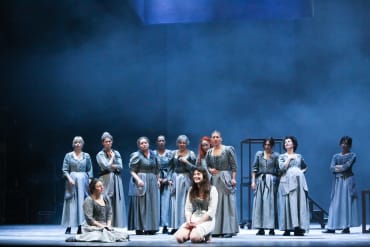
Drama
Lucy Kirkwood
THE WELKIN

Drama
Tomislav Zajec
THE VANISHING

Drama
Vjekoslav Majer - Krešo Golik - Rene Medvešek
ONE SONG A DAY TAKES MISCHIEF AWAY

Drama
Kristian Novak
THE GYPSY, BUT THE MOST BEAUTIFUL
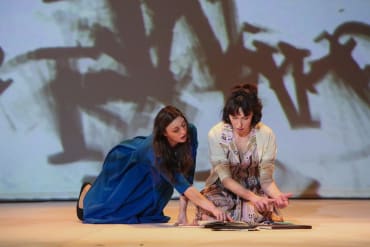
Drama
Elena Ferrante
MY BRILLIANT FRIEND

Drama
Lidija Deduš
Wooden Birds
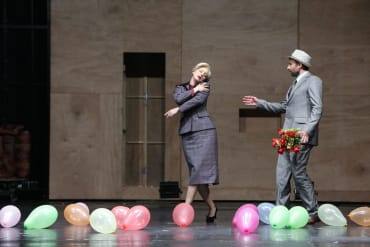
Drama
Autorski projekt Bobe Jelčića
SORRY

Drama
Radovan Ivšić
King Gordogain

Drama
Fjodor M. Dostojevski
CRIME AND PUNISHMENT

Drama
Autorski projekt Tomislava Šobana
ZBILJA

Drama
Đurđica Čilić
FAFARIKUL
